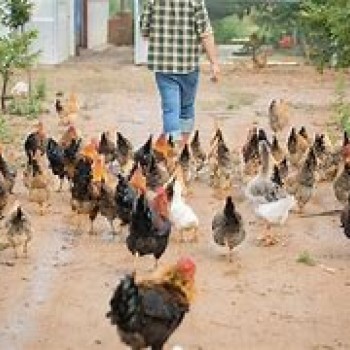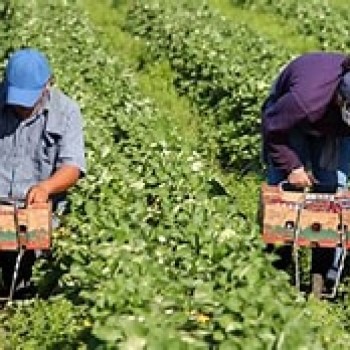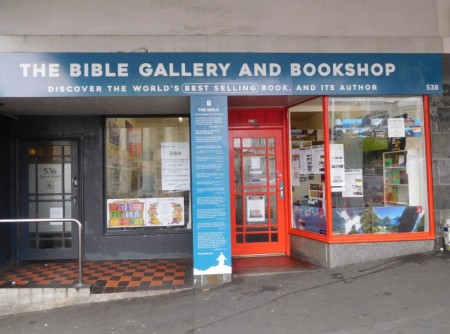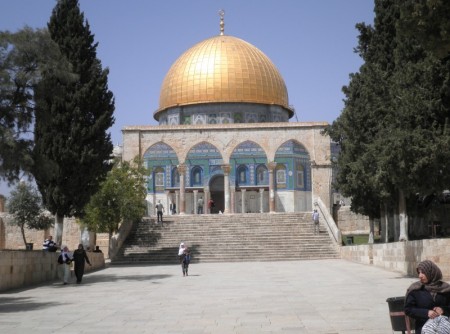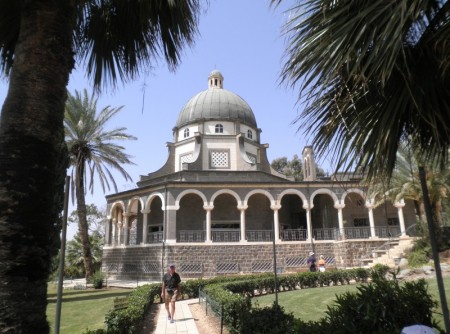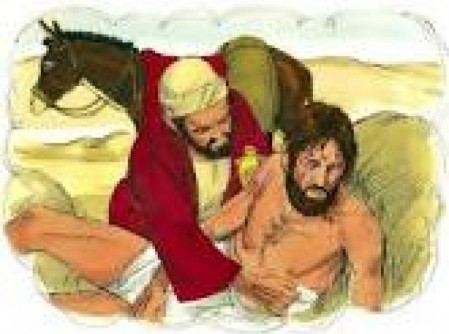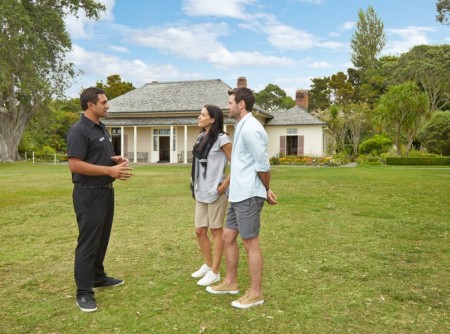Whanau Te Mana Whakaora
Mentored communities assisting people to self sufficiency, developing responsibility, respect, and resilience for themselves and others.
Guided by the principles of DO UNTO OTHERS AS YOU WOULD HAVE THEM DO TO YOU
LOVE YOUR NEIGHBOUR AS YOU LOVE YOURSELF
The objective is to build self sustaining communities of up to 20 people for those with homelessness and low level mental health and addiction problems Mentoring for emotional, spiritual, and lifestyle needs will be provided with learning opportunties to upskill and provide a pathway ahead. Kibbutz, Co-operative, and Marae models will be drawn from to provide the best model and outcomes possible. Participants should be able to move on after 1 year and develop their own communities in other areas.
The objective is that after one year
* Every person will have increased their literacy and numeracy skills
Every person will have increased their life skills,
(Nutrition, hygiene, horticulture, Poultry farming, Driving licence etc)
Every person will have increased their job skills, carpentry, computer literacy etc
Every person will have had their health needs assessed, and met where possible
Every person will have had the opportunity to deal with underlying social and spiritual problems
Each community will be established on areas of land sufficient (probably minimum 3 hectares) to produce enough produce from orchard, market garden, poultry, animals, whatever is suitable for the area, to be as self sufficient as possible in food and to provide an income for the community and learning opportunities in Horticulture, animal care, farm management, and other work skills.
Participants would sign up for a maximum of 1 year and be required to sign a contract to
Be totally drug and alcohol free for the year
2. Be totally violence free – both verbal and physical
3. To work for 30 hours per week in the community or in paid employment in the wider community
Model One
Basic costs of $50 per person per night for accommodation, food management and programmes will be paid by Ministry of Social Development/Auckland Council/Trusts etc for the first 6 months at least until the business side can be developed, and underwritten for any shortfall for the following 6 months. We anticipate that after one year the community will be fully self sustaining without any support from Government, Council, or Trusts and the model can be transferred throughout New Zealand.
Profitable enterprises will be developed as quickly as possible. Poultry, Ducks, vegetables, nursery, flowers, bees, orchard etc, to provide as much self sufficiency as possible in food and develop earning opportunities.
Work opportunities will be sought within the local community.
The commercial enterprise will be operated on the kibbutz/co-operative model with participants being involved in the development of the business to learn basic business and horticulture skills and sharing equally in the profits. Within a year we expect to transition to a fully self sustaining model.
Budget required for Model One
Establshment grant for equipment for earnings development 20,000
Intitial budget for 10 participants for 6 months 10 x $280 per week x 26 weeks 72,800
Total budget for 6 months 92,800
As most if not all of the participants will be on WINZ benefits already extra cost to government will be small. Participants will assign $280 per week from their benefit to Whanau te Mana Whakaora.
Model Two – in the longer term
Participants would sign up for a maximum of 1 year and be required to sign a contract to
Be totally drug and alcohol free for the year
Be totally violence free – both verbal and physical
To work for 30 hours per week in the community or in paid employment in the wider community
Hours worked will be calculated at $18 per hour x 30 = $540
60% will be retained by the community to help cover costs $324
10% will be given to the participant weekly for spending money $54
30% will be held in a trust fund to be paid on departure $162
The initial trial will involve 10-12 people providing an 'income' of $3,240 per week to cover food and board.
Participants who work for 50 of the 52 weeks will have a nest egg of $8,100 to help them get started on leaving plus share of profit from commercial activities. The objective is to have at least $10,000 in kitty on departure and the ability to use that wisely to set up a new life with ongoing support from Whanau Te Mana Whakaora.
The community should start earning an income and be turned into a profitable enterprise as quickly as possible.
Income sources
Selling produce at street stalls, market days etc
Selling labour to the local council, farms, or businesses (See Pathway Trust, Christchurch for model)
For all income earned from these activities,
20% will be retained by the community managament to manage the programmes,
20% handed on for spending money, and
60% paid into the participants trust account.
In addition to the formal hours of work all participants will be required to assist in the basic needs of cooking, cleaning, and developing the community accommodation and facilities for up to 10 hours per week as part of their contribution and developing lifestyle skills.
Needs:
Suitable land and buildings for the first community
Competent, experienced, caring couple to manage the programme and do some mentoring, living on site
At least 1 additional full time staff member to assist in management and mentoring
Competent caring volunteers for specialist tuition and activities e.g. carpenter, chef, reading tutoring
As it will take some months to develop an income to pay the initial expenses for community income this should be paid from WINZ, Social Welfare, and Auckland Council funds. Budget for 6 months $92,800
A primary objective is to get people totally self supporting as soon as possible.
Prepared by Stephen Greenfield
01 April, 2017
Phones (09) 309 1831 021 174 9588
Email: steve@newzealandtours.co.nz
WINTER FOR INNER CITY HOMELESS
It is totally reprehensible that Auckland Council are prepared to leave up to 200 people sleeping on the streets of inner city Auckland during winter, quite apart from all the other homeless throughout Auckland
A building that is warm, dry, and safe must be found before this winter. Full management services can be provided in the inner city if a suitable building is made available.
It is tragic to see the number of young women coming on to the streets currently – damaged when they get there - wrecked by drugs, alcohol, and physical abuse after a weeks

 back to SOCIETY - RELIGION - THE SPIRITUAL DIMENSION
back to SOCIETY - RELIGION - THE SPIRITUAL DIMENSION 